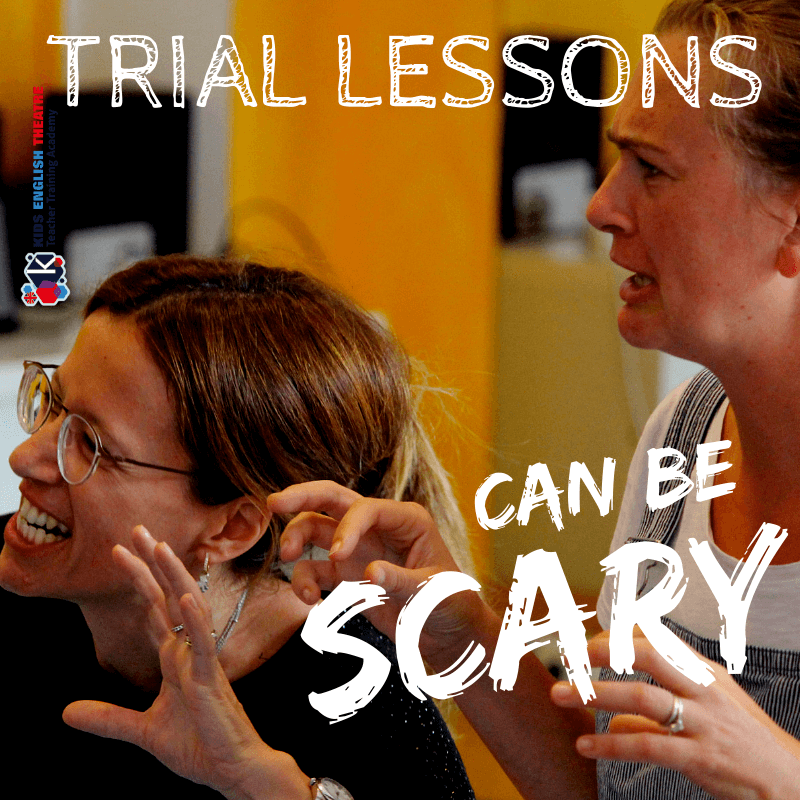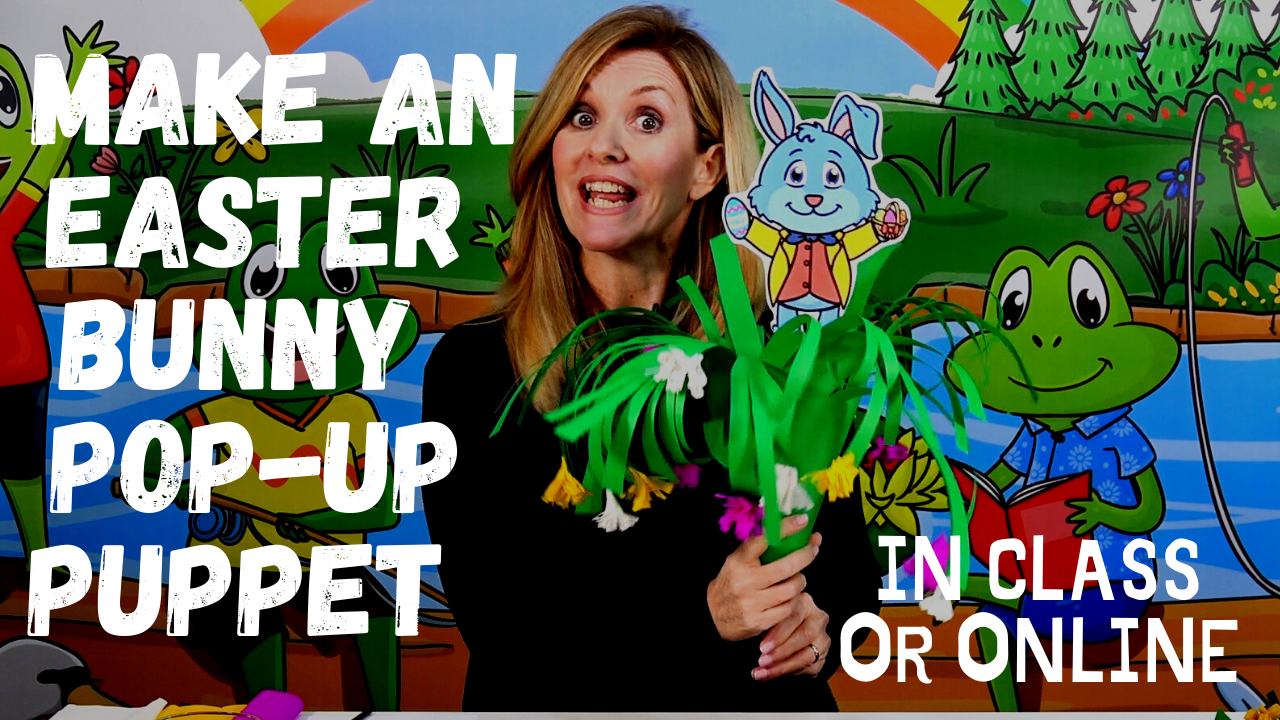Trial English Language Lessons – Can Be Scary

Trial English Language Lessons – Can Be Scary
It’s that anxious time of year again – the start of a new school term.
Many of you are probably already in full flow organising trial lessons for prospective new students. I personally still find trial lessons stressful – mainly because there are no guarantees:
- Children will actually show up and participate in the trial session
- Children will enjoy themselves enough to want to come back again
In the past I have also sometimes found myself with too many children unexpectedly turning up to try-outs. I would be overwhelmed by the numbers but obviously never want to turn anyone away so I would try and squeeze ALL the children together in one big class.
Bad idea!
The sessions always ended up being a complete shambles and needless to say many families didn’t subscribe.
Since then I have learnt to handle trial sessions differently.
Here are a few tips to help you run your trial sessions more smoothly and hopefully stress- free.
- Wait until 1-2 days ahead of your trial day before giving families a confirmation call with their session time. You’ll probably have a better idea of the exact numbers of attendees 1-2 days prior to trial day and therefore can decide whether to split the groups up and avoid overcrowding issues.
- It’s not necessary for trial sessions to last longer than 30-40 minutes. Children and parents are intuitive and instantly get a “feeling” if they like you, your energy and your activities after just a few minutes. Therefore, don’t feel obliged to offer a 1½ hour free session – positive first impressions are made in seconds.
- Try to chop and change activities every few minutes. I suggest including lots of circle TPR games and songs in trial sessions. They help build a “playful” atmosphere and keep the pace of the lesson up-beat. They also encourage children to actively participate as a united group where no-one is singled out or feels embarrassed trying new things.
- Be playful, friendly and welcoming by using your tone of voice and body language.Remember to smile and use lots of praise. Avoid concentrating on how nervous you are feeling by aiming to make your prospective students feel relaxed and happy. By transferring your positive energy you’ll look self-confident and in control(even if inside you’re really shaking like a leaf!)
- Last but not least …….. be theatrical!!!!!
Happy Teaching
Miranda
**NEW** Storytelling and Puppets Masterclass …coming soon!
Resources:
www.kidsenglishtheatre.com
http://www.drama4english.com/
http://www.kidsenglishtheatre.com/free-ebook/ (FREE E-BOOK)
http://www.kidsenglishtheatre.com/video-course/ (Teacher Training Video Course)



